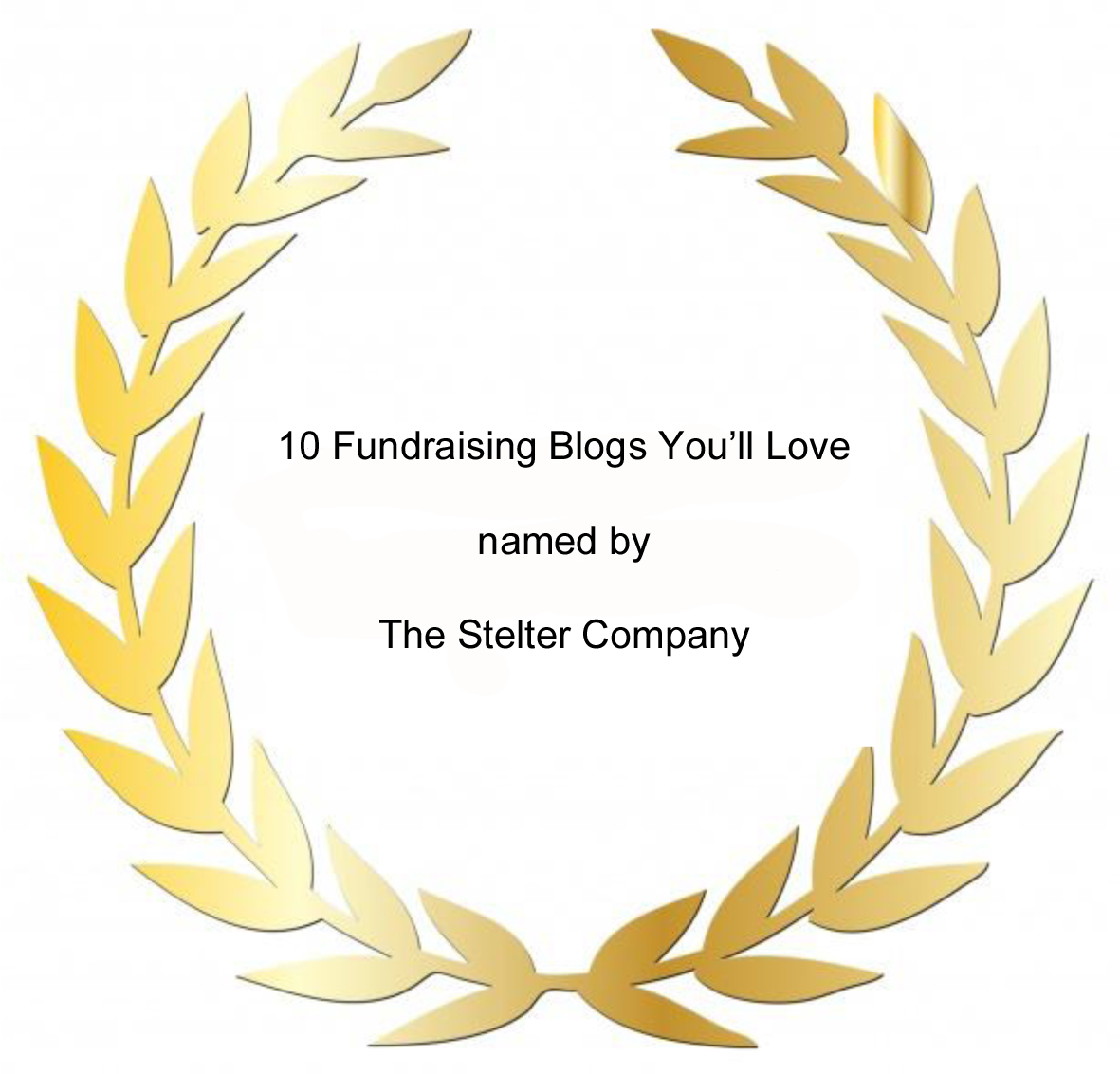[Publisher’s Note: Before getting to this week’s post, I want to mention that Michael J. Rosen, CFRE, was a guest on The Nonprofit Coach Radio Show hosted by Ted Hart, ACFRE on Tuesday, February 26, 2013. Michael discussed his book, Donor-Centered Planned Gift Marketing. You can download a free podcast of the show by clicking here.]
Have you ever messed up at work? Stumbled? Blundered? Bungled? Botched? Made an oversight, gaffe, or mistake, big or small?
If you say you haven’t, I know that one of the following is true about you:
- You’re not telling the truth, to others or, perhaps, just to yourself.
- You have a selective memory.
- You haven’t been paying attention.
- You have virtually no work experience.
- You need to be more creative and experimental.
Because I believe we have all made and will make mistakes during our careers, I’m going to share five tips with you that will ease the sting when such incidents occur:
Own it. When you make an error, resist the temptation to pass the blame. Instead, take responsibility. When we own our mistakes, we’re more likely to earn and retain the respect of those around us. Moreover, it puts us in the best possible position to do something positive in response to the problem.
Do not hide it. In politics, there’s a saying: “It’s not the crime, it’s the cover up.” The idea is that the cover up is usually more damaging than the trigger offense. It’s harder to fix a problem if you cover it up or simply pretend that there is not a problem at all. Furthermore, if people suspect you’re hiding something, they’ll apply that suspicion beyond the one instance. Honesty really is the best policy.
Apologize. If your misstep damages or offends another person, apologize immediately. Ok, I know that lawyers often frown at the idea of an apology. They fear it is an admission of guilt that can expose you and your organization to liability. I say, if it’s appropriate, suck it up and apologize anyway. At the very least, express your regret, which might lower the risk of legal liability since it is not an admission of guilt. (By the way, since I’m not a lawyer, I’m not giving you legal advice.)
Learn from it. When we learn from our mistakes, we’re far less likely to repeat the stumble. In some cases, learning from our missteps will allow us to improve our skills or our processes. In other words, if we look at mistakes as an opportunity to grow, our organizations and we can actually be better off than before the incident.
 Turn a negative into a positive. I like the expression, “When life gives you lemons, make lemonade.” We can often turn blunders around into something good. In 1928, Alexander Fleming slipped up. He mistakenly failed to cover a Petri dish containing a Staphylococcus culture. However, it’s a good thing he messed up. When he examined the exposed Petri dish, he observed that mold growth had impeded the spread of the bacteria. Fleming’s mistake, and subsequent observation, led to the use of penicillin as a life-saving antibiotic.
Turn a negative into a positive. I like the expression, “When life gives you lemons, make lemonade.” We can often turn blunders around into something good. In 1928, Alexander Fleming slipped up. He mistakenly failed to cover a Petri dish containing a Staphylococcus culture. However, it’s a good thing he messed up. When he examined the exposed Petri dish, he observed that mold growth had impeded the spread of the bacteria. Fleming’s mistake, and subsequent observation, led to the use of penicillin as a life-saving antibiotic.
In recent weeks, the news media have shared a couple of stories that nicely illustrate the points I’ve just made.











